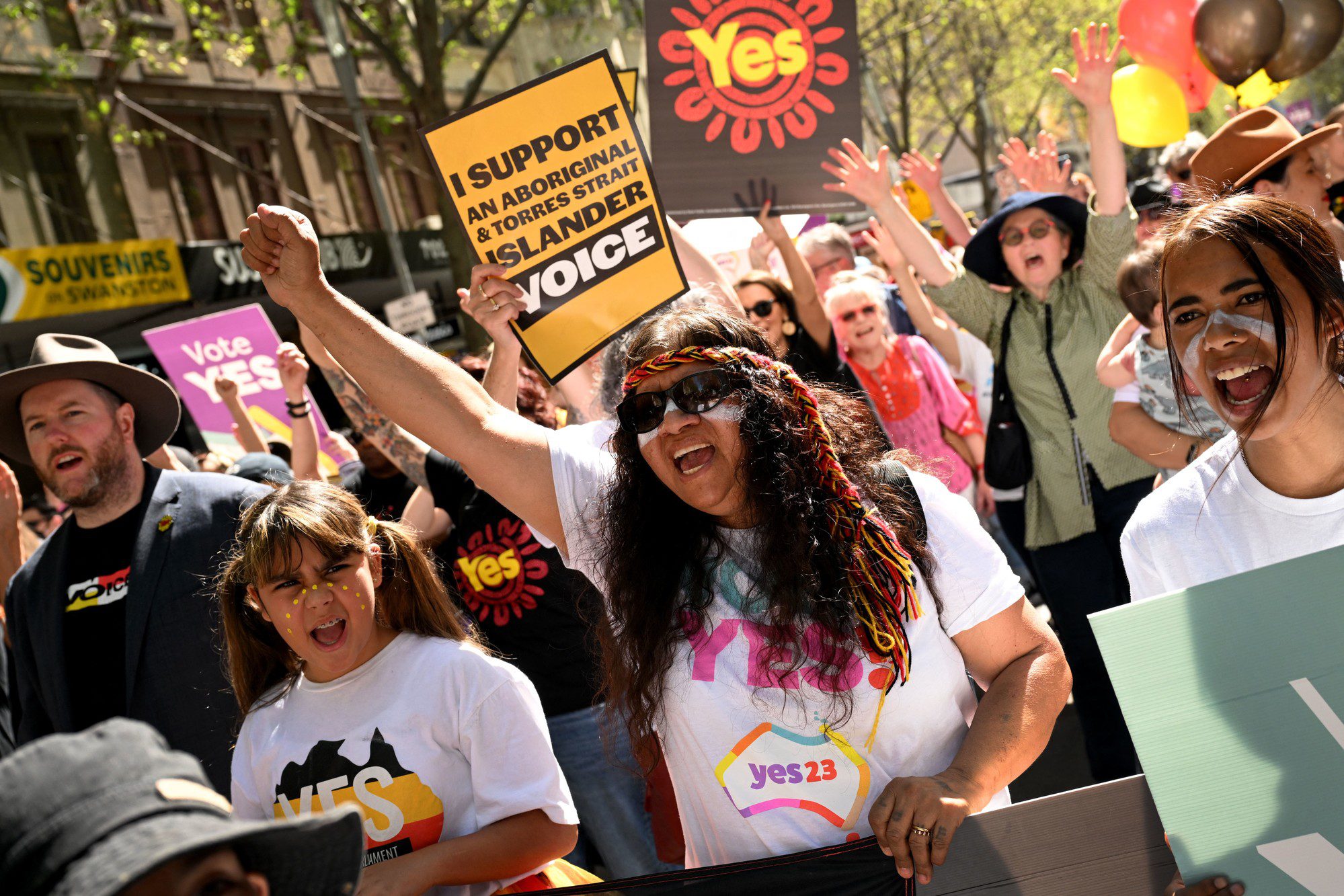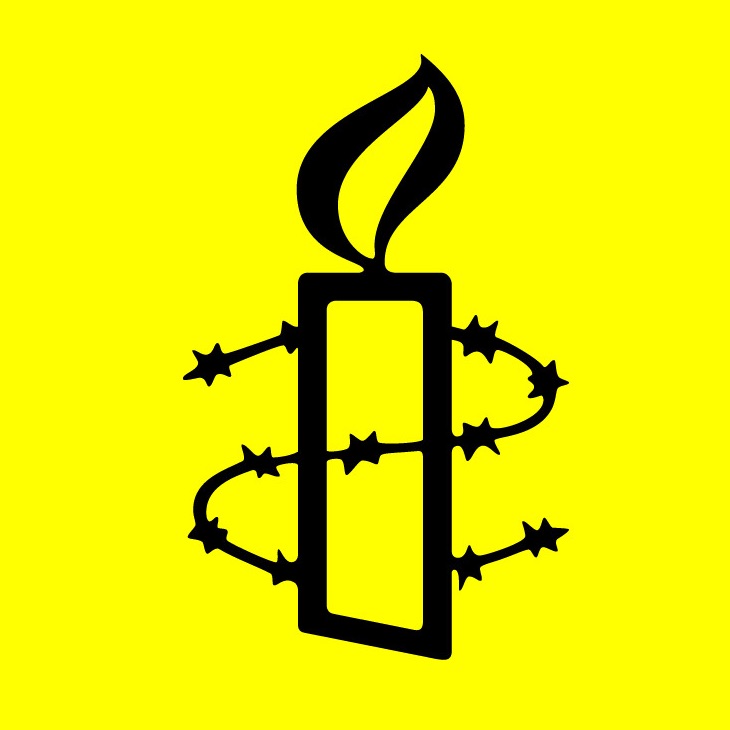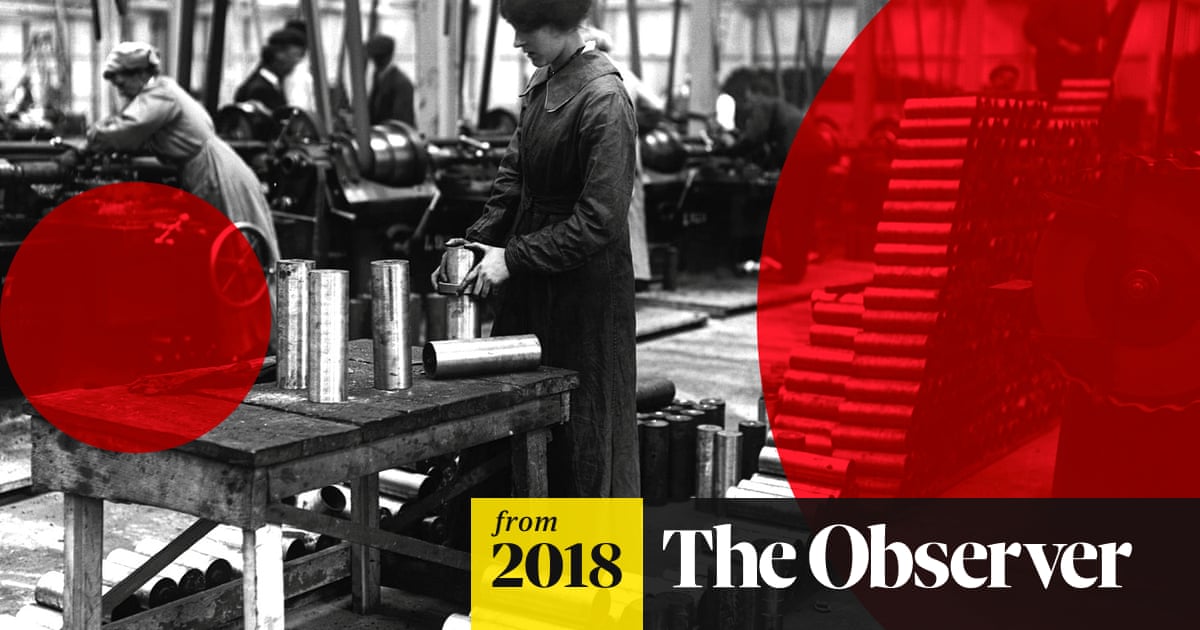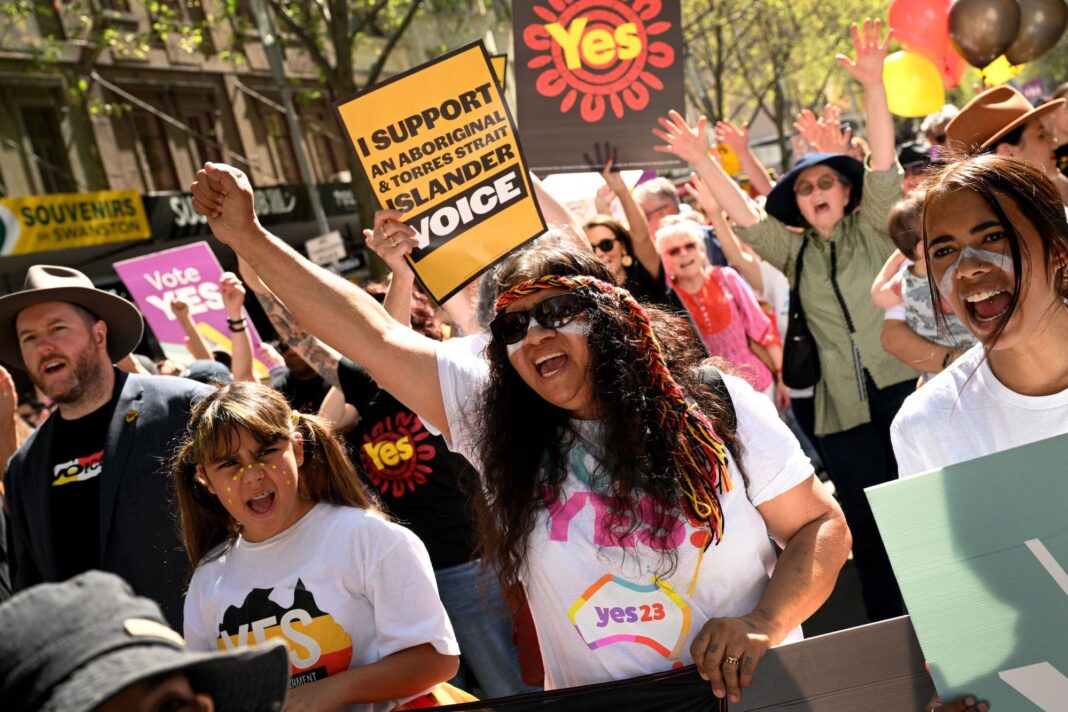“As the sounds of war echoed through the streets of Aleppo, a group of fearless Syrian women dared to defy the chaos and forge a new world of freedom and equality. In the midst of devastation, they conjured up a beacon of hope, a testament to the unbreakable spirit of feminism that refuses to be silenced. Meet the Syrian women who, despite the odds, have created a movement that reverberates across the Middle East and beyond. ‘Woman, life, freedom’ is their battle cry, a rallying call to shatter the shackles of oppression and build a brighter future. Join us as we delve into the remarkable story of these courageous women, who, in the face of unimaginable adversity, have shown us that even in the darkest of times, the power of feminism can be a force for transformation and liberation.”
The Rise of Female Revolutionaries
Leila Khaled: The Icon of Palestinian Resistance

Leila Khaled, a prominent figure in the Palestinian resistance movement, has been an inspiration to many with her courage and determination. Her iconic photograph, taken in 1969, showcases her beauty and strength, as she holds a gun in her fragile hands, with a keffiah wrapped around her head. This image has become a symbol of female power and resistance, and has been etched in the minds of people around the world.
Khaled’s story is one of sacrifice and commitment to the cause of Palestinian liberation. She underwent six cosmetic operations to change her appearance, so that she could continue her work without being recognized. This level of dedication and bravery is a testament to her unwavering resolve to fight for her people’s freedom. As Khaled herself said, “I have a cause higher and nobler than my own, a cause to which all private interests and concerns must be subordinated.”

The Syrian Uprising: A New Era of Female Empowerment
The Syrian uprising, which began in 2011, marked a new era of female empowerment in the region. Women played a crucial role in the uprising, demanding change and fighting for their rights. The “Woman, Life, Freedom” movement, which emerged during this time, became a rallying cry for women across the country, as they sought to challenge traditional roles and stereotypes. According to Unionjournalism reports, women’s participation in the uprising was significant, with many taking to the streets to protest against the government.
The role of women in shaping the Syrian revolution cannot be overstated. They brought a new perspective to the movement, one that emphasized the importance of equality, justice, and human rights. As one Syrian woman activist noted, “We are not just fighting for our country’s freedom, we are fighting for our own freedom, as women.” This sentiment is echoed by many women across the region, who are seeking to challenge patriarchal norms and create a more just and equitable society.

The Fight for Freedom and Equality
The Struggle for Women’s Rights in Syria
The struggle for women’s rights in Syria is a long and difficult one. Despite the progress made during the uprising, women still face significant challenges in their daily lives. They are often marginalized and excluded from decision-making processes, and are subject to discriminatory laws and practices. According to Unionjournalism research, women’s participation in the workforce is limited, and they are often confined to traditional roles such as teaching and nursing.
However, there are many women in Syria who are fighting to change this reality. They are organizing themselves into groups and networks, and are working to promote women’s rights and empowerment. As one Syrian woman activist said, “We are not just victims of war, we are also agents of change. We have the power to shape our own destiny, and to create a better future for ourselves and our children.”
The Intersection of Gender and Politics
The intersection of gender and politics is a complex and multifaceted issue. In Syria, as in many other countries, gender plays a significant role in shaping political outcomes and experiences. Women are often affected differently by conflict and political instability, and are more likely to be displaced, injured, or killed. According to Unionjournalism reports, women and girls are also more likely to be subject to sexual violence and exploitation, and are often denied access to basic services such as healthcare and education.
However, women are also playing a crucial role in shaping the political landscape in Syria. They are organizing themselves into groups and networks, and are working to promote women’s rights and empowerment. As one Syrian woman activist noted, “We are not just fighting for our country’s freedom, we are fighting for our own freedom, as women. We want to create a society that is just and equitable, where women have the same rights and opportunities as men.”
The Legacy of Female Activism
The Inspiring Stories of Female Activists
The stories of female activists in Syria and beyond are a testament to the power and resilience of women in the face of adversity. Leila Khaled’s legacy, in particular, continues to inspire a new generation of women activists and leaders. Her courage and determination in the face of overwhelming odds are a reminder that women can make a difference, and that they have the power to shape their own destiny.
Other female activists, such as the Syrian women who are working to promote women’s rights and empowerment, are also making a significant impact. They are challenging traditional roles and stereotypes, and are working to create a more just and equitable society. As one Syrian woman activist said, “We are not just fighting for our country’s freedom, we are fighting for our own freedom, as women. We want to create a society that is just and equitable, where women have the same rights and opportunities as men.”
The Future of Female-Led Activism in Syria
The future of female-led activism in Syria is uncertain, but it is clear that women will continue to play a crucial role in shaping the country’s future. As the conflict continues, women are likely to face significant challenges, including displacement, injury, and exploitation. However, they are also likely to continue to organize themselves into groups and networks, and to work to promote women’s rights and empowerment.
According to Unionjournalism research, there are several key factors that will shape the future of female-led activism in Syria. These include the level of international support for women’s rights and empowerment, the extent to which women are able to participate in decision-making processes, and the degree to which they are able to access basic services such as healthcare and education. As one Syrian woman activist noted, “We need the support of the international community to help us build a better future for ourselves and our children. We need to be able to participate in decision-making processes, and to have access to the resources and services we need to thrive.”
- Women’s participation in the workforce is limited, and they are often confined to traditional roles such as teaching and nursing.
- Women are often marginalized and excluded from decision-making processes, and are subject to discriminatory laws and practices.
- Women and girls are more likely to be subject to sexual violence and exploitation, and are often denied access to basic services such as healthcare and education.
Conclusion
Conclusion: Empowering a New Era of Syrian Feminism
The recent article “‘Woman, life, freedom’: the Syrian feminists who forged a new world in a land of war” in The Guardian sheds light on the remarkable resilience and determination of Syrian women who have been fighting against the backdrop of war and oppression. Through the lens of their struggles and triumphs, the article reveals the pivotal role that feminism has played in shaping a new world in Syria, one that values freedom, equality, and human rights. The Syrian women featured in the article, though faced with unimaginable adversity, have emerged as beacons of hope, challenging the status quo and forging a path towards a more just and equitable society.
The article highlights the significance of the “Woman, life, freedom” slogan, which has become a rallying cry for Syrian women’s rights activists. This phrase, which originated in Iran but has been adopted by Syrian women, encapsulates the universal struggle for women’s empowerment and autonomy. The article’s main arguments emphasize the importance of intersectionality, solidarity, and collective action in the fight against patriarchal systems and the war machine. By sharing the stories of these courageous women, the article underscores the urgent need for international support and recognition of their efforts, which have been largely overlooked in the face of geopolitical interests.
As we move forward, it is essential to acknowledge the long-term implications of this movement. The Syrian feminists featured in the article have not only challenged the status quo but have also created alternative structures and networks that prioritize community empowerment, justice, and human rights. Their work serves as a powerful reminder that even in the darkest times, resistance and resilience can lead to transformation and change. As we conclude, we are left with a profound question: what if the most powerful acts of resistance are not those that challenge the state, but those that create a new world, one that values life, freedom, and the empowerment of women? This is the world that Syrian feminists are fighting for, and it is a world that we must all strive to create.
